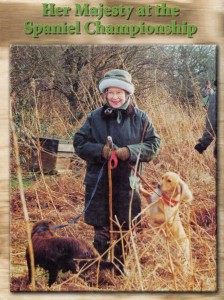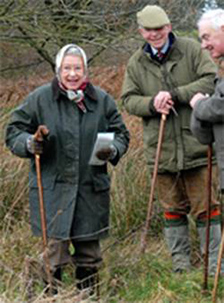Canine Flu CIV
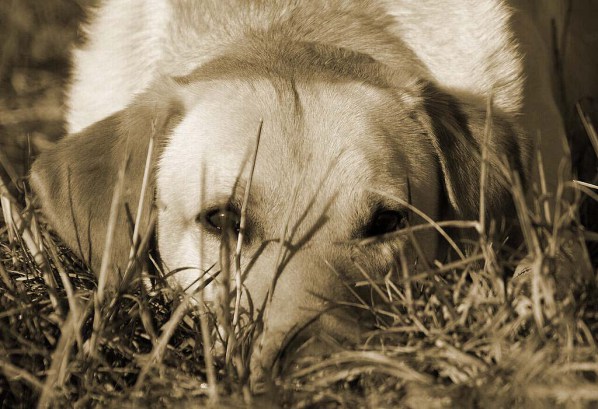
There are multiple strains of CIV known as canine flu. The two currently experienced in the US are H3N5 and H3N2. The H3N2 has been seen in 40 states, most common in Colorado, Florida, New York and Pennsylvania. The states of Georgia and Texas have reported frequent cases as well. Numbers infected across the country have been in the thousands.
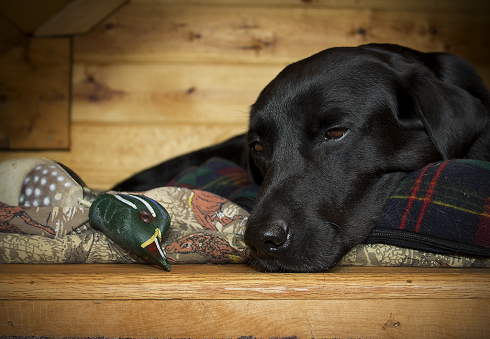
Vaccinations on the market currently do not completely prevent the virus but can reduce the severity and duration of the infection thereby reducing the spread of CIV. Veterinarians can help you identify the strains in your area and suggest vaccines. Wildrose has required inoculations for all dogs traveling across state lines for the last year as a precaution and presently all dogs on premises are inoculated. Our greatest risk is dogs arriving in for training or attending workshops so the inoculation is required.
Signs and Symptoms
The infected dog will experience coughing, sneezing, fever, lethargy, nasal discharge and possibly reduced appetite. Interestingly, about 20% of the dogs infected with the virus show no signs but they may still spread the virus.
CIV is transmitted through respiratory droplets discharged when the infected dog coughs, sneezes or even breathes. The infected range of transmission is only a few feet but it may remain contagious on surfaces, bowls, bumpers, drinking water buckets, grooming equipment, leashes or even on your hands, body, or trousers. This risk may exist for up to 48 hours. The good news is that the virus is easy to kill with common disinfectants and thorough cleaning.
Prevention

The best prevention is the CIV vaccine. The vaccine is a killed virus so it will not give your dog the flu and humans cannot catch this type of flu.
Antibiotics will not help as they are only effective against bacterial infections. The vaccine will build your dog’s immune system to lessen the effects.
The Vaccine inoculations are given in two doses three to four weeks apart followed by a booster annually. The type of vaccine is dependent upon the area your dog resides and where you travel. Consult a veterinarian for details.
Puppies
Puppies are certainly susceptible to the dangers of CIV. Inoculations are not given to pups less than 4 months of age so preventing contact with effected dogs is the only measure that can be taken. Avoid public areas where dogs frequent and contact with unknown dogs. Be careful to clean and sterilize commonly used items between dogs.
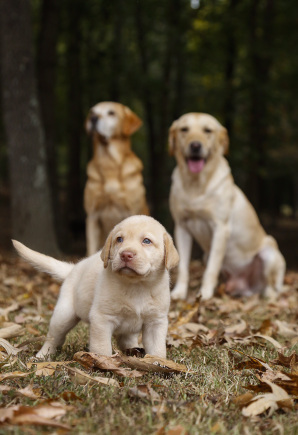
Information obtained from the AKC Breeder written by Sue M. Copeland and Greater Swiss Dog Club of America.
(Article source: www.tuftsyourdog.com/)


